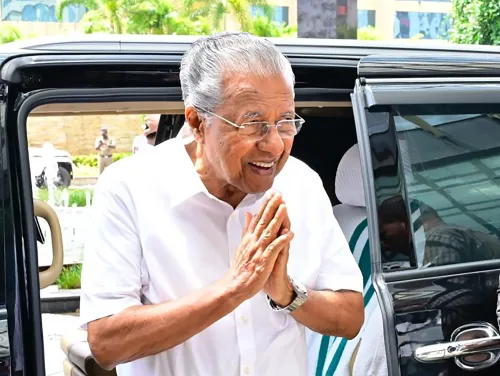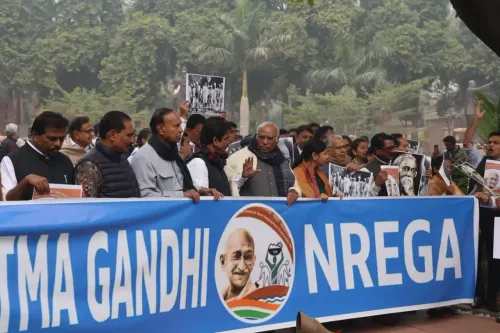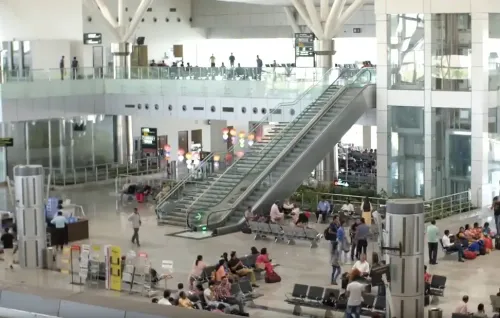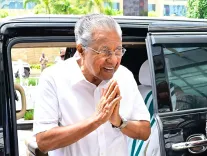Supreme Court Dismisses New PIL Against Places of Worship Act 1991
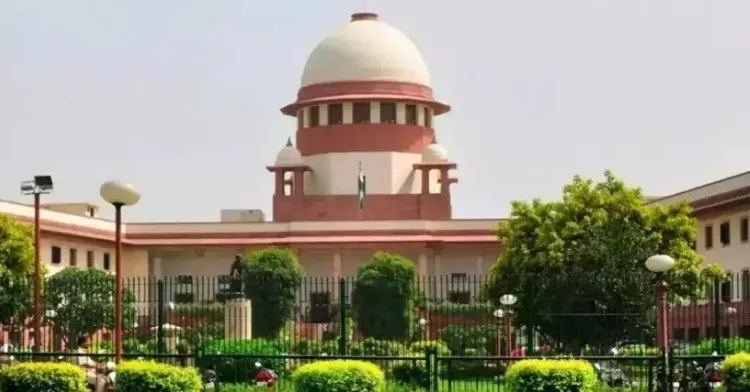
Synopsis
Key Takeaways
- The Supreme Court rejected a PIL against the Places of Worship Act, 1991.
- Litigants were advised to file an intervention application instead.
- No new lawsuits will be filed under the Act until further notice.
- Section 4(2) of the Act is claimed to violate constitutional rights.
- Historical context of the law was discussed in the plea.
New Delhi, April 1 (NationPress) The Supreme Court on Tuesday chose not to accept a public interest litigation (PIL) that questioned the constitutional validity of a clause within the Places of Worship Act, 1991.
Instead, a bench comprising CJI Sanjiv Khanna and Justice Sanjay Kumar advised the PIL petitioner to file an intervention application in the ongoing set of petitions that are disputing the legality of this controversial legislation. This law forbids any lawsuits aimed at reclaiming places of worship or altering their status as it existed on August 15, 1947.
The CJI Khanna-led Special Bench, in a temporary ruling issued on December 12, 2024, declared that no new lawsuits would be filed under the Places of Worship Act across the nation, and no final or decisive orders would be made in existing cases until further instructions are given.
The latest petition submitted by advocate Shweta Sinha claims that Section 4(2) of the 1991 Act is fundamentally arbitrary, irrational, and breaches Articles 14, 21, 25, and 26 of the Constitution.
According to the petition, "This provision not only shuts down avenues for mediation but also undermines the authority of the judiciary. The legislature has no right to strip the judiciary of its role in resolving disputes. This has been accomplished through colorable legislation."
In March 2021, a bench led by then Chief Justice of India S.A. Bobde requested a response from the Centre regarding a plea filed by advocate Ashwini Upadhyay contesting the legitimacy of certain provisions of the law, which prevents the filing of lawsuits to reclaim places of worship or alter their character from what existed on August 15, 1947.
The plea argued: "The 1991 Act was enacted under the guise of 'public order', which falls under state jurisdiction (Schedule-7, List-II, Entry-1), while 'places of pilgrimage within India' also fall under state jurisdiction (Schedule-7, List-II, Entry-7). Therefore, the Centre lacks the authority to legislate this law. Furthermore, Article 13(2) forbids the State from enacting laws that infringe upon fundamental rights, yet the 1991 Act violates the rights of Hindus, Jains, Buddhists, and Sikhs to restore their 'places of worship and pilgrimages' that were destroyed by barbaric invaders.
"The Act excludes the birthplace of Lord Rama while including that of Lord Krishna, even though both are incarnations of Lord Vishnu, the creator, and are equally revered worldwide, thus rendering it arbitrary," it further stated.


